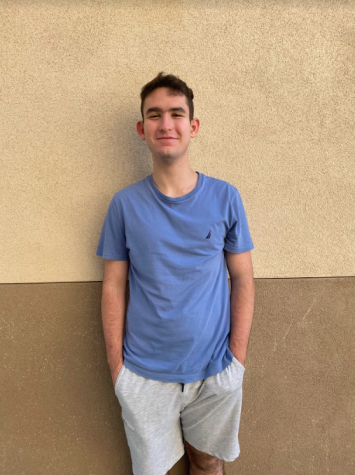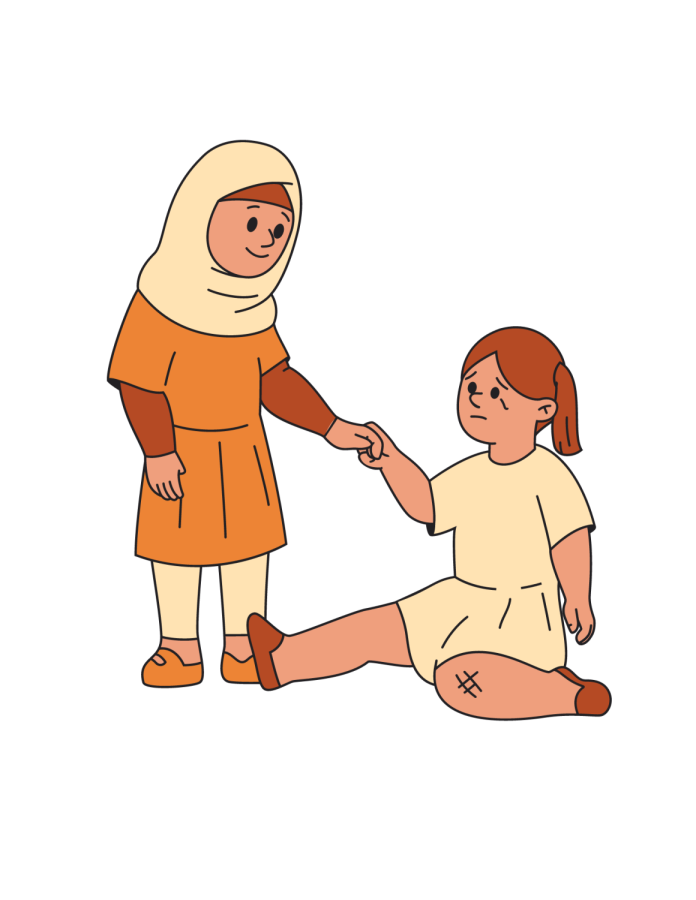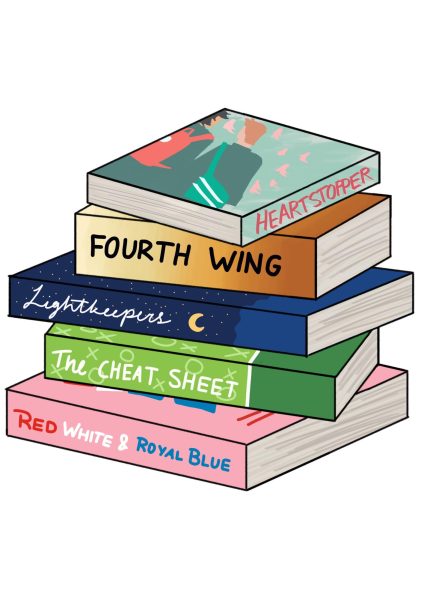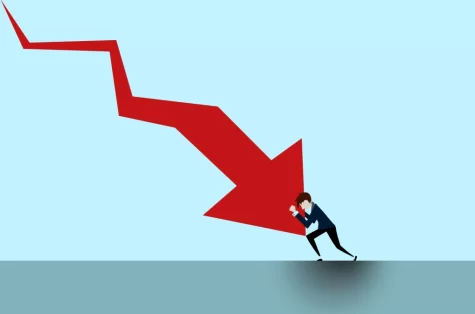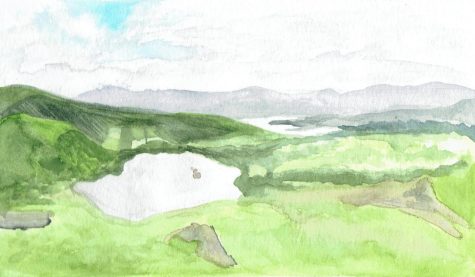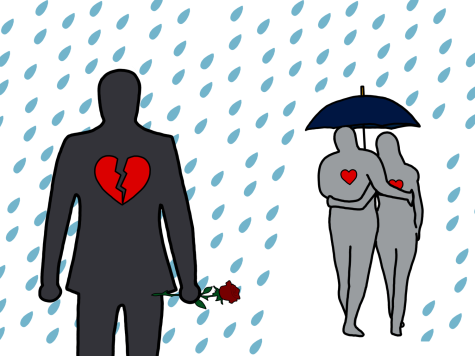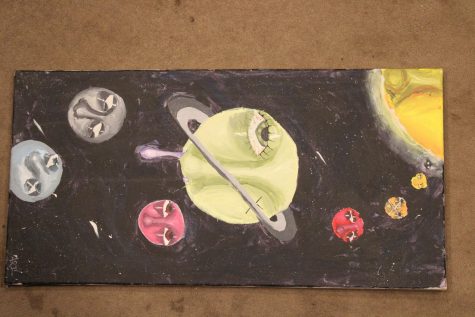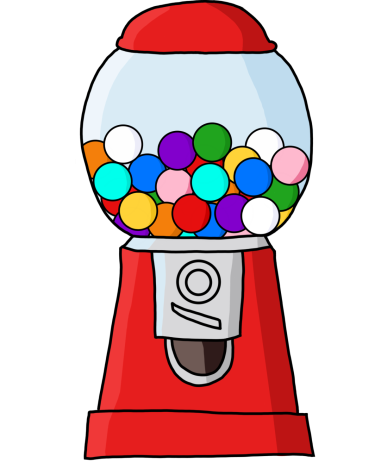How being altruistic benefits the benefactor
When a person chooses to leave a generous tip at a restaurant, are they doing so because there is inherent good in them, or is it because society requires that they do so to be courteous? As humans have been around for 300,000 years, it is natural that we have developed means of making decisions over time based on impulse. And, it is likely that when we decide to help others, it is not out of a sense of morality imposed by society but is instead serotonin at work.
The doctrine of individualistic thinking and serotonin boosts — which create a feeling of happiness — began during the Romantic era of the early nineteenth century. It encouraged emotional and individualistic thinking rather than using one’s historical understanding of society based on science. With it, people became more in touch with themselves and their emotions, leading to fewer acts based on logic. They began to feel sorry for the less fortunate, taking it upon themselves to help whenever possible, and whenever they did, they would gain feelings of joy. Therefore, it is easy to wonder why we commit acts of goodwill. Is it because they want to help others, or is it the science of serotonin boosts?
An interesting example is the thinking behind adopting animals from adoption centers and rescue shelters. Many do so for their companionship, while some do it to help a furry friend out. Either way, their brain is directly influenced by serotonin. Your brain knows how to make you feel happier, which is why it suggests you do certain things, and acts of benevolence are certainly no exception. People donate money or help animals on the streets because they know they will feel better about themselves at the end of the day. This is not because of some moral compass ingrained in us by school, society, friends or family.
However, even if we make decisions based on making ourselves feel better, that does not mean we are cynical. Yes, every time someone makes a decision, their own interests are taken into account, as would be logical, but that does not make the science behind goodwill malevolent. Helping others is the only way humanity will advance, causing an equal society in the form of safety nets. We can all sleep well at night knowing that there are people out there — no matter how few in number — that will stop us from falling through the cracks. This is what separates us from all other species and serves as the basis of our humanity.
Instinctively, humans often make decisions based on how they will feel afterward, without relying on societal norms or pressure to influence them. In this sense, we are all compassionate, deriving morality from our desire to be happy rather than being told what should or should not be done. Of course, no one can be utterly selfless in acts of benevolence. Nonetheless, everyone should be proud of themselves because they have improved someone else’s life without even completely internalizing it.
